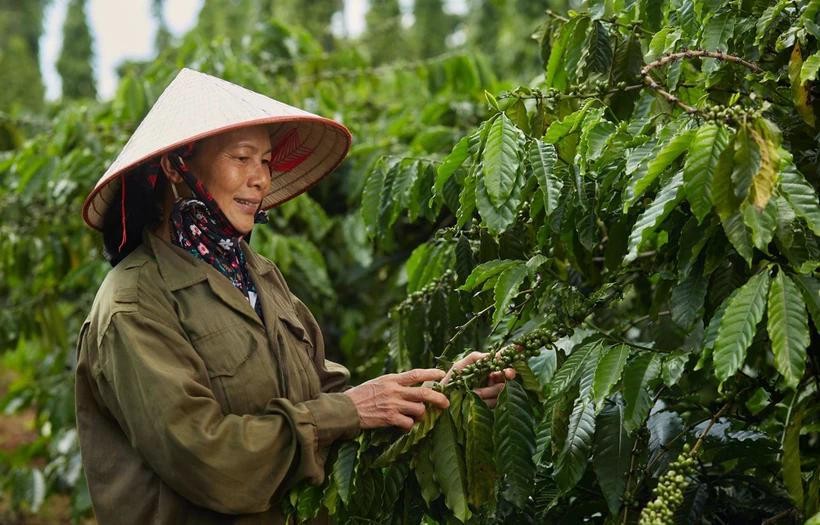
Despite growth, Vietnam's agricultural, forestry and fishery exports in the first months of the year faced many challenges, especially the tariff policy from the United States (Vietnam's largest agricultural export market) which is putting significant pressure on the export growth momentum of the entire industry.
According to experts, effectively promoting free trade agreements and opening potential markets will be the solution to help the agricultural sector make a breakthrough and achieve the export target of 65 billion USD of agricultural, forestry and fishery products.
Agricultural exports maintain growth momentum
In the first 4 months of 2025, the export turnover of agriculture, forestry and fishery products reached 21.15 billion USD, up 10.7% over the same period last year; of which agricultural products reached 11.6 billion USD, up 11.7%; forestry products reached 5.56 billion USD, up 11.2%; aquatic products reached 3.09 billion USD, up 13.7%; livestock products reached 178 million USD, up 16.8%; production inputs reached 722 million USD, up 20%.
The agriculture, forestry and fishery sector maintained its growth momentum with 6/10 key products achieving export value of over 1 billion USD. Of these, the two "stars" are wood and wood products (5.2 billion USD) and coffee (3.78 billion USD) which have absolute dominance, contributing more than 40% of the total industry turnover.
In particular, coffee exports recorded a sharp increase of 51.1% thanks to the average export price soaring to 5,698 USD/ton (up 67.5%), reflecting the success in the strategy of improving quality and building brands.
In addition to the good growth of some products, some products are facing difficulties in export. Rice products suffered a "double blow" when both the volume (down 14.3%) and price (down 20%) decreased, mainly due to fierce competition with India and Thailand. Similarly, the export turnover of vegetables and fruits also decreased by 14.2%.
The strong shift to high-end markets is evident when exports to Europe increased by 37.7% (reaching 3.48 billion USD) thanks to the advantage of EVFTA. Notably, Africa - an emerging market - recorded a record increase of 78.4% despite its modest scale (648 million USD), opening up the prospect of diversification. Exports in the first 4 months of the year to the Americas reached 4.83 billion USD, up 12.6% and to Asia, a traditional market, reached 8.82 billion USD, down slightly by 1.3%.
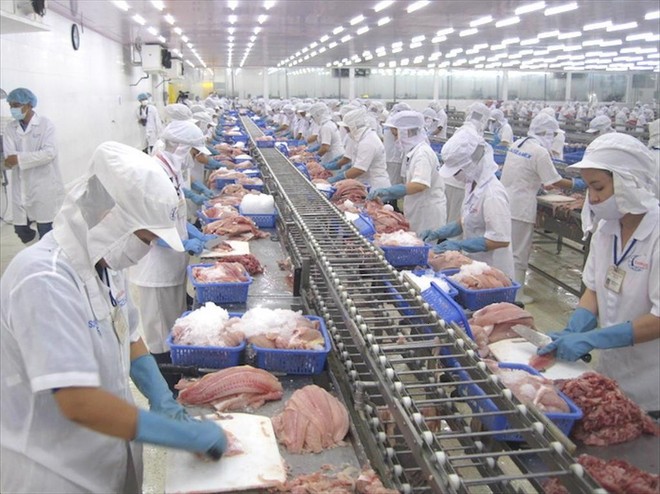
In the first four months of the year, the United States was the leading export market, accounting for 20.5% of total turnover, followed by China at 17.1%. The dependence on two large markets, the United States and China (accounting for nearly 40% of total exports), poses risks when these countries change import policies or apply protectionist measures.
Open up potential markets
To reduce pressure on agricultural, forestry and fishery exports, Vietnam is stepping up negotiations to open its market with potential partners. With Europe, EVFTA continues to be used to boost exports of Vietnamese agricultural products.
In May 2024, the Ministry of Agriculture and Environment chaired and coordinated with units and enterprises to prepare and organize a working group to promote cooperation, access markets and promote agricultural product import and export to European markets, focusing on the UK and Germany.
Germany is Vietnam's leading important partner in the European Union (EU), especially in the field of agricultural trade. Since the EVFTA took effect in August 2020, the trade turnover of agricultural, forestry and fishery products between the two countries has achieved steady growth. In 2024 alone, agricultural, forestry and fishery exports from Vietnam to Germany will reach 1.3 billion USD (an increase of 32% compared to 2023).
In May 2025, the Ministry of Agriculture and Environment of Vietnam coordinated with the Embassy of Vietnam in the Federal Republic of Germany and the German Agribusiness Association (GAA) to organize the Seminar "Connecting agricultural, forestry and fishery trade between Vietnam and the Federal Republic of Germany." Within the framework of the seminar, Vietnamese and German associations and enterprises actively discussed and shared information on consumer needs, tastes and regulations in import and export and experience in exporting vegetables, agricultural products, seafood, and meat products to German supermarket chains.
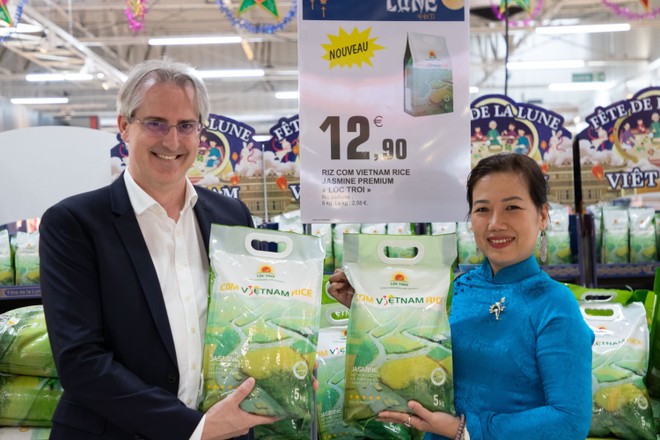
Deputy Minister of Agriculture and Environment of Vietnam Tran Thanh Nam has proposed that German associations annually organize activities to connect with Vietnamese enterprises and associations to promote and develop the consumption market for German products.
Vietnam will cooperate with German associations to organize business delegations to participate in trade promotion events. From there, promote the brand of Vietnamese agricultural, forestry and fishery products through fairs, trade exhibitions, market surveys, research on demand and taste... in the German market.
Not only seeking opportunities to expand the market in Germany, the Vietnamese Ministry of Agriculture and Environment has come to the UK to work with the UK Department for Environment, Food and Rural Affairs to promote trade for Vietnamese agricultural products.
At the meeting, UK Secretary of State for Environment, Food and Rural Affairs Daniel Zeichner agreed that this is a good time for the two countries to boost agricultural trade. The two sides should consider opening their markets more strongly for Vietnamese agricultural products.
However, the UK Secretary of State for Environment, Food and Rural Affairs noted that to realise this target, strengthening food safety controls will be key.
Based on the Memorandum of Understanding (MOU) on cooperation in the field of agriculture and rural development signed by the two Ministries in November 2022, the two Ministries will coordinate to develop an action plan, focusing on the field of food safety control, to concretize the commitments signed in the Memorandum of Understanding.
Sharing about solutions to promote agricultural, forestry and fishery exports in the coming time, Deputy Minister of Agriculture and Environment Phung Duc Tien said that the Ministry of Agriculture and Environment will coordinate with the Ministry of Industry and Trade and relevant ministries, branches, localities and units to perfect mechanisms, policies and implement solutions related to commodity trade. At the same time, monitor and update the production situation, supply of agricultural products, price fluctuations, promptly advise and manage production and business appropriately.
Along with that, the Ministry of Agriculture and Environment will continue to complete the Project "Developing a logistics system to improve the quality and competitiveness of Vietnamese agricultural products by 2030"; issue the Ministry's Plan to implement the tasks assigned by the Government on developing the agricultural, forestry and fishery market in general and the rice industry in particular; complete the report on developments related to agricultural, forestry and fishery trade between Vietnam and the United States in the context of many fluctuations in the world.
Prime Minister Pham Minh Chinh issued Official Dispatch No. 59/CD-TTg dated May 8, 2025 requesting ministries, branches and localities to focus on directing the assurance of production, consumption and export of agricultural, forestry and fishery products in the context of global trade fluctuations.
In the telegram, the Prime Minister assigned the Minister of Industry and Trade to preside over and coordinate with the Ministry of Agriculture and Environment and the Ministry of Foreign Affairs to direct the strengthening of trade promotion and negotiations with countries with potential markets to continue expanding and diversifying export markets, especially major partners with FTA agreements with Vietnam, diversifying products and supply chains, and at the same time implementing connection programs, organizing agricultural weeks and Vietnamese goods fairs to exploit the potential of domestic markets and foreign markets; proactively taking appropriate defense measures to protect domestic production.
Enterprises producing, trading and exporting agricultural, forestry and fishery products should closely monitor information on global trade developments, especially tariff policies of some traditional markets, to flexibly adjust production and business plans to proactively and effectively adapt to market fluctuations; promote the construction of linkage chains, invest in developing raw material areas, cold storage systems, apply modern technology to production, deep processing, preservation of agricultural products, and brand building...
Source: https://baolaocai.vn/xuat-khau-nong-lam-thuy-san-co-hoi-but-pha-tu-da-dang-hoa-thi-truong-san-pham-post402128.html


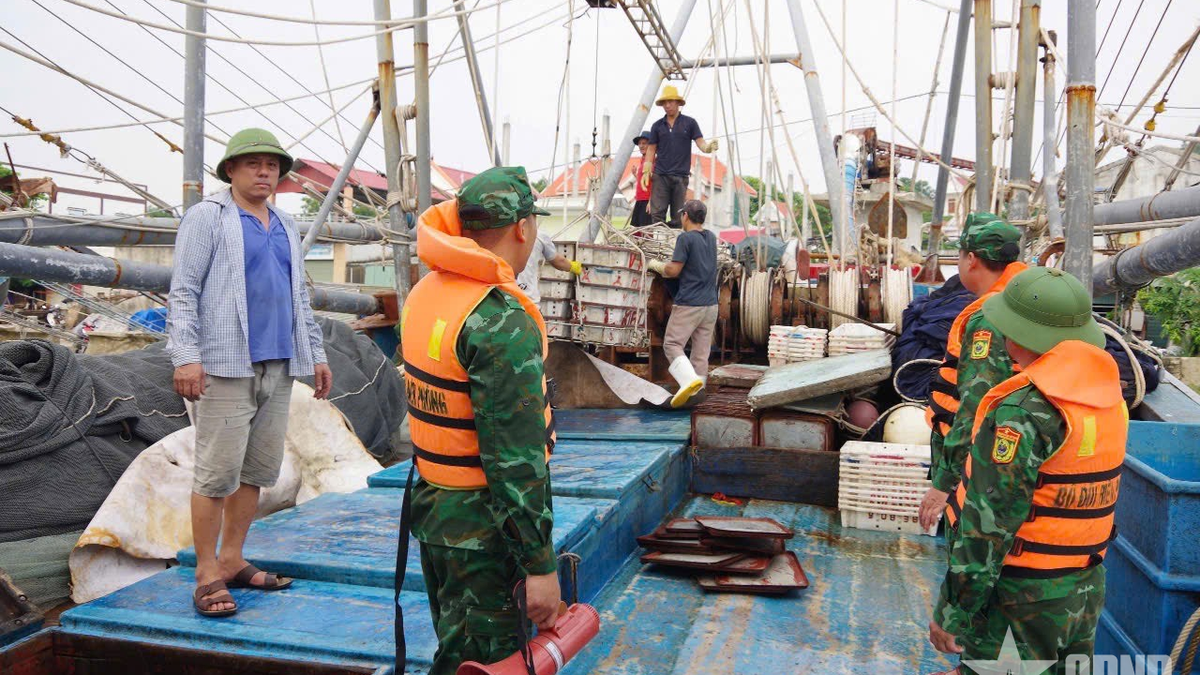


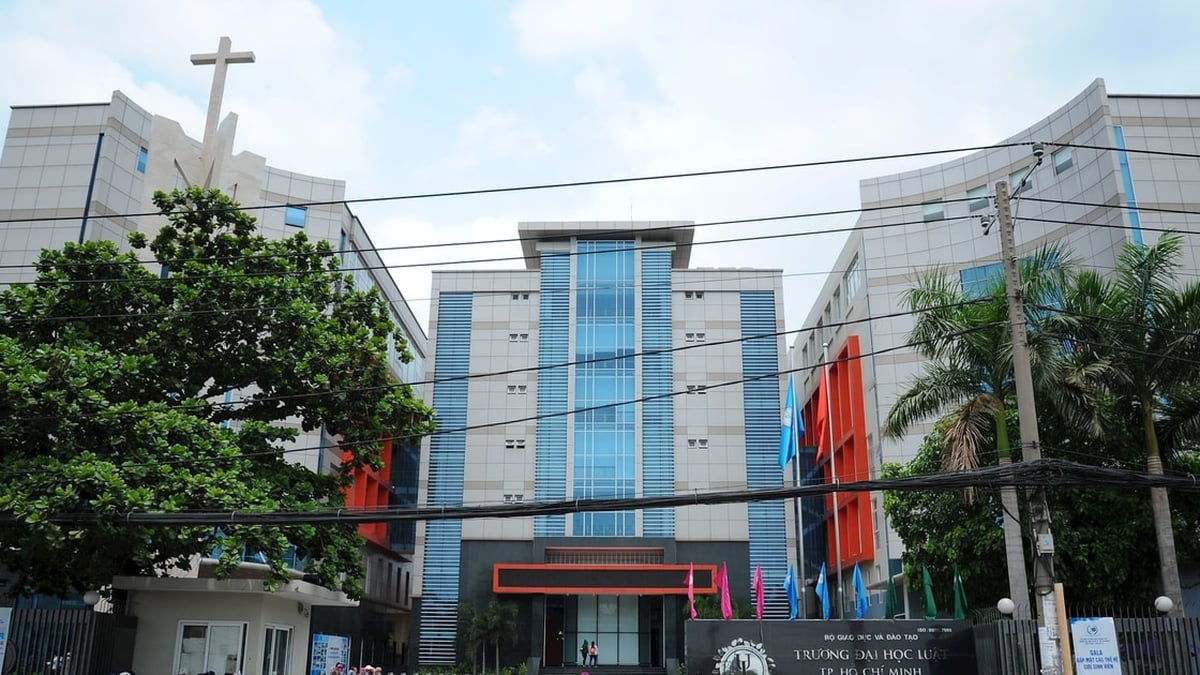


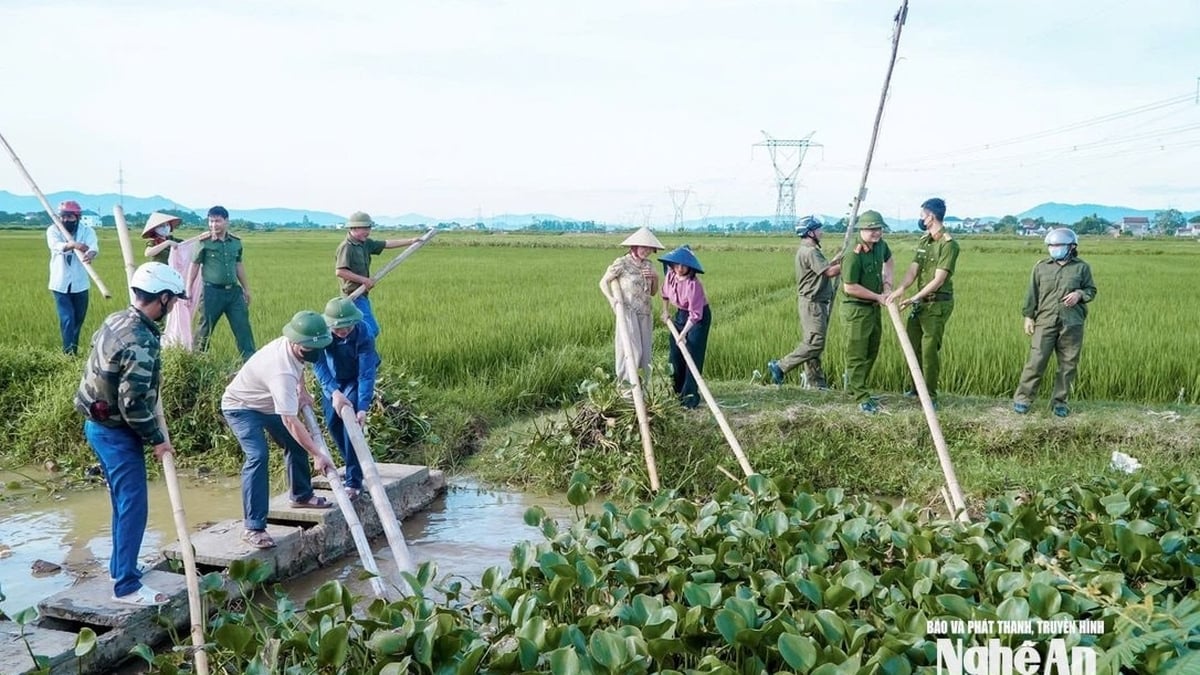
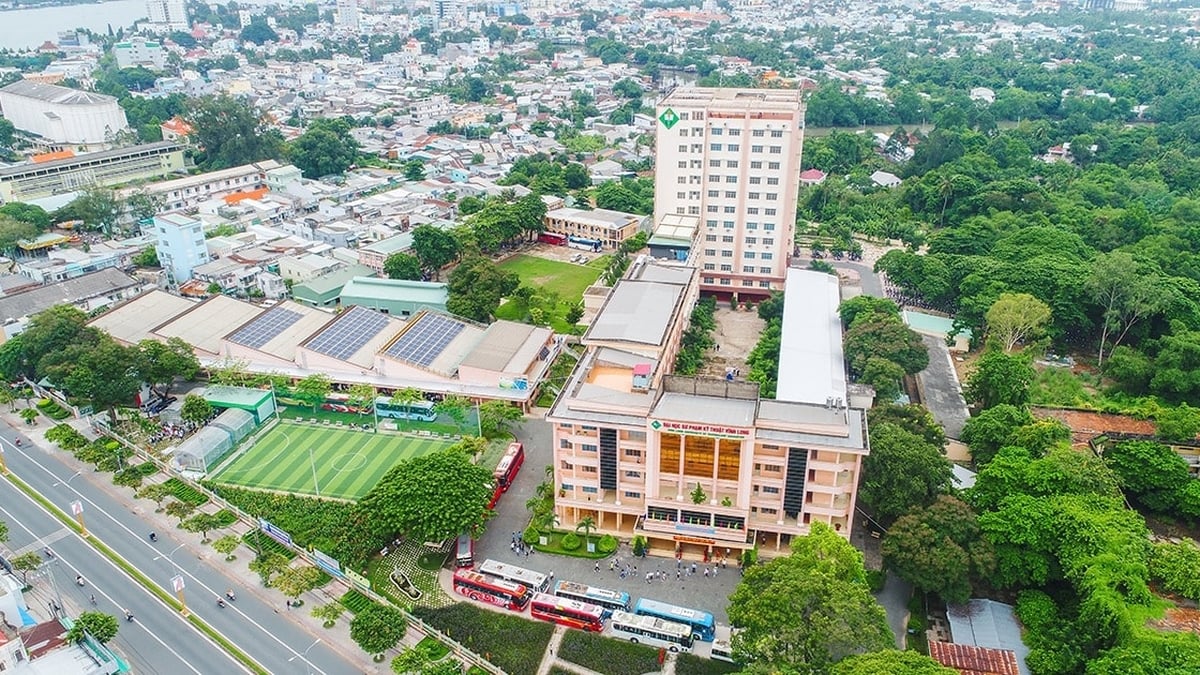
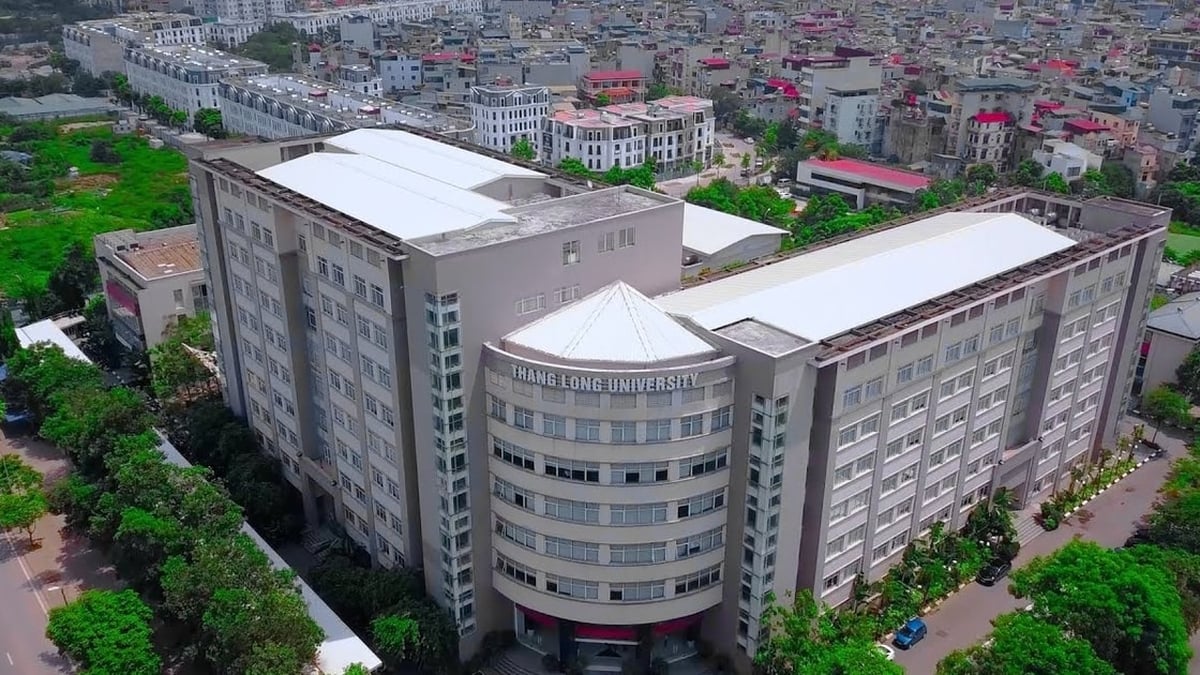
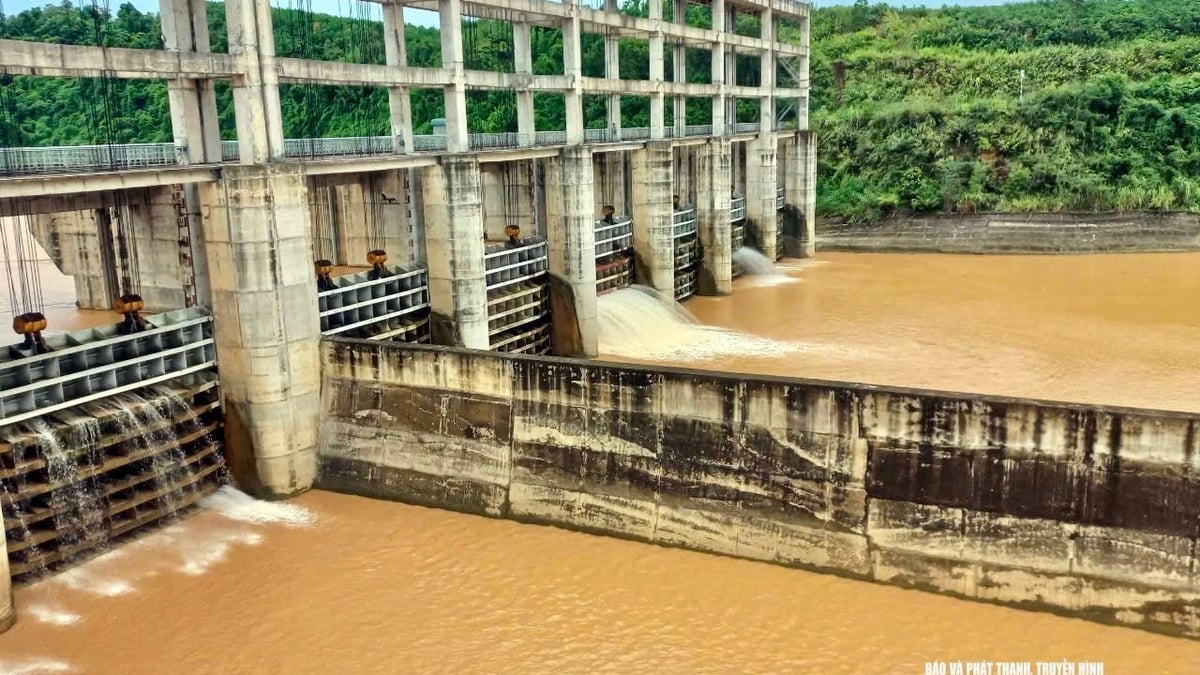














![[Photo] National Assembly Chairman Tran Thanh Man visits Vietnamese Heroic Mother Ta Thi Tran](https://vphoto.vietnam.vn/thumb/1200x675/vietnam/resource/IMAGE/2025/7/20/765c0bd057dd44ad83ab89fe0255b783)







































































Comment (0)